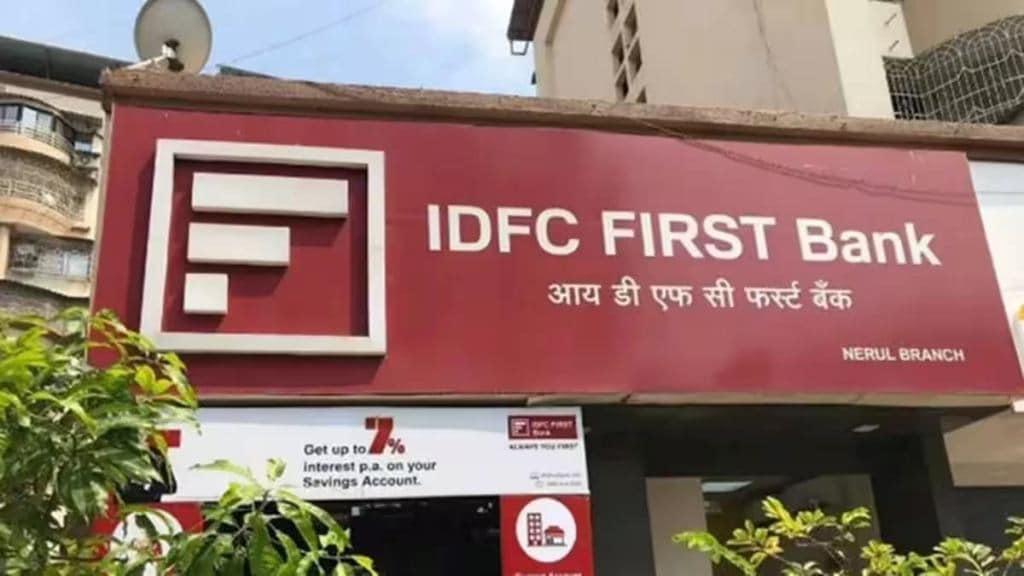Following the merger with IDFC, IDFC First Bank‘s book value per share will go up around 5% and some cash will also come into the bank. IDFC First Bank MD & CEO V Vaidyanathan tells Ajay Ramanathan that the bank aims to have a well-diversified shareholding of foreign institutional investors, domestic institutional holders, and public. Excerpts.
Shareholders of IDFC will get 155 equity shares of IDFC First Bank for every 100 shares held. What was the rationale for this swap ratio?
We had discussions between our organisations, but everything went through a fair statutorily approved process involving valuers, fairness opinion, etc.
Could it have been better for IDFC Bank shareholders?
My approach is always to try only to get a fair deal, not the best deal. Under the process, our shareholders were getting 6% discount to intrinsic holding value and increase in book value per share. They were getting unlocking of value. All fair.
When are you expecting to complete the merger?
We are expecting to complete the merger in 9-12 months.
How does the merger benefit the bank?
Frankly, there are benefits to all shareholders here. As far as the IDFC shareholders are concerned, they get to unlock value because they will get to hold position directly in the bank rather than coming directly through the holding company. As far as the bank shareholders are concerned, the book value per share goes up by around 5% because the bank is extinguishing 160 million shares in the merger process, and some cash from IDFC would come into the bank. So it is a benefit for all.
Are you looking at raising any additional capital in FY24?
It could be (on the cards). We have already announced earlier that we will be raising Rs 4,000 crore of capital during 2022-23. We have raised Rs 2,200 crore, and could be raising the balance of that by the end of the year. The capital adequacy of the bank is strong. It is already at 16.8%, but after T2 we raised last week, it is around 17.4%. So it is anyway comfortable.
As a result of the merger, what is the improvement in capital adequacy?
With the merger, around Rs 600 crore of cash and cash equivalent that are with IDFC will become a part of the bank. That should help on the margin.
You have said that you will follow the path and structure of ICICI Bank and HDFC Bank. What do you mean by this?
Basically, if you see all large global corporations and even large private sector Indian banks, they have widely distributed shareholder holdings. Whether ICICI or HDFC or Bank of America or JP Morgan Chase, they are independent standalone public entities with distributed public ownership. So, our bank will also go down that path and then we will be one of the large well governed, institutional bank. We will have a well-diversified shareholding of foreign institutional investors, domestic institutional holders, and public.
Will there be a shift in the bank strategy following the merger?
Absolutely not. This is the operating bank, and the bank has been doing very well. You can see the numbers over the last few years; last year’s profit is over Rs 2,400 crore. So really there is no shift in strategy and it is business as usual.
When will IDFC’s stock stop trading on the exchange?
That should take around 9-12 months.


